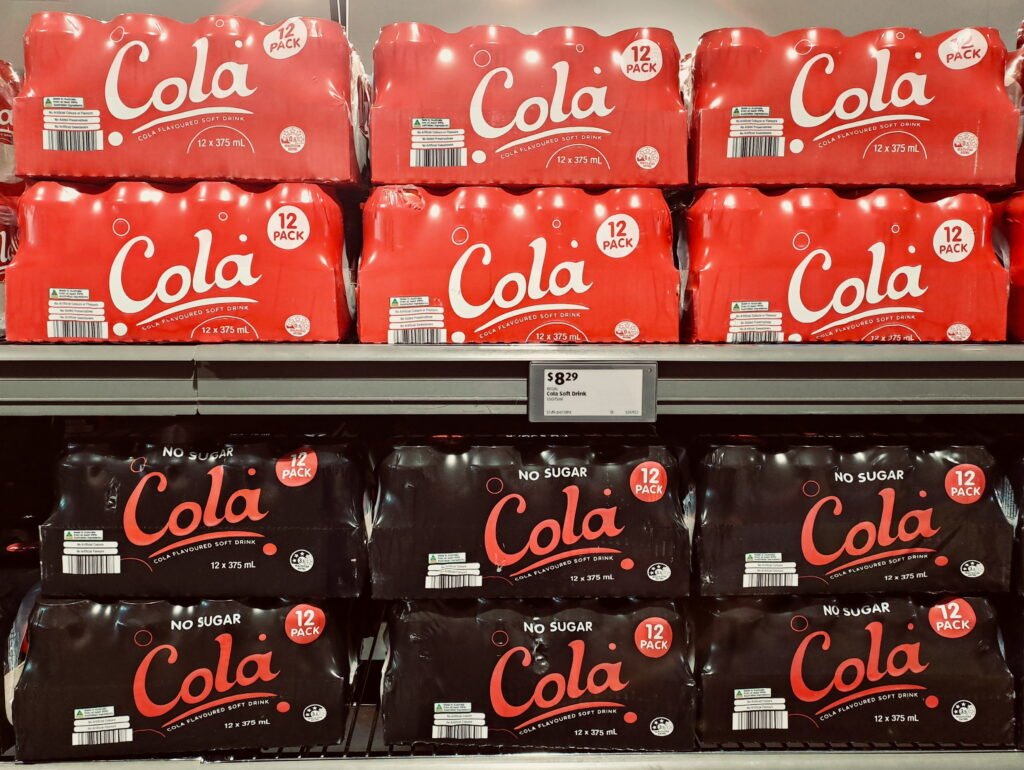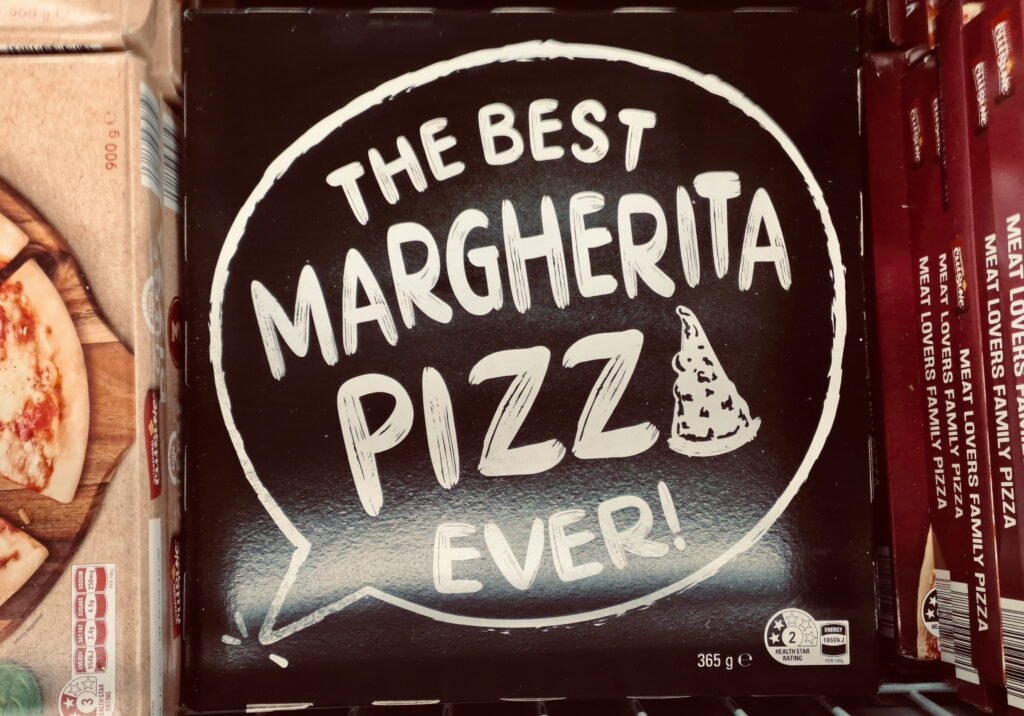How Generic and Descriptive Names Make You Forgettable

Choosing the right name is one of the most important decisions you’ll make for your business. It shapes how customers see you, remember you, and whether your brand can grow and thrive in the long run. Too often, business owners fall into the trap of choosing a name that is either generic or descriptive.
These might seem like easy, straightforward choices. But they are also the weakest types of brands, both legally and commercially.
Why it matters
A generic name tells people exactly what your product or service is, such as using the common name Cola to sell soft drinks. A descriptive name, including terms that sound like praise, such as “best”, “top”, or “premium”, simply describes features of what you offer.

The problem is that neither type creates a strong identity. Neither can be protected properly under trademark law. And neither gives your brand the credibility or distinctiveness it needs to stand out in a competitive market.
How weak trademarks hold you back
- They are boring and uninspiring. Generic names like “Pet Food Co.” or “Cheap Electronics” tell people what you sell, but not why you matter. Descriptive names like “Superior Legal” or “The Greatest Plumbers in Town” try to impress but often come across as self-serving and tacky.
- They cannot be registered. Trademark law in Australia does not allow registration of generic names. Descriptive names can only be registered if they have gained distinctiveness through long-term and widespread use, and even then, it is a difficult process.
- They are not memorable. If your name sounds like a hundred others, it is forgettable. You will struggle to stay top of mind and centre of the market.
- They invite more competition. With no exclusivity, you are more exposed to copycats. Your brand becomes harder to defend and easier to imitate.
- They feel cheap. A generic or common name makes your product or service seem like just another bland option, indistinguishable from all others in a crowded market. It blends in with mass-produced offerings and gives the impression of something low quality or forgettable. There is nothing distinctive or impressive about the brand, and no compelling story to connect with. It lacks the credibility and character that build trust.
- They limit growth. Without a distinctive brand, your only way to compete is on price. That means lower margins, more pressure, and no long-term brand equity.
What to do instead
Do not settle for a surface-level name. A strong brand name does more than describe. It sets you apart. It is creative, ownable, and supported by legal protection. If you want people to believe in your business, tell your story. Show what makes you different. Do not call yourself great. Let your value speak for itself.
At Markport, we help you build a brand that is worth remembering and protecting. We guide you through name development and trademark registration to ensure your identity is strong, strategic, and secure.
Let’s work on your trademark together:
